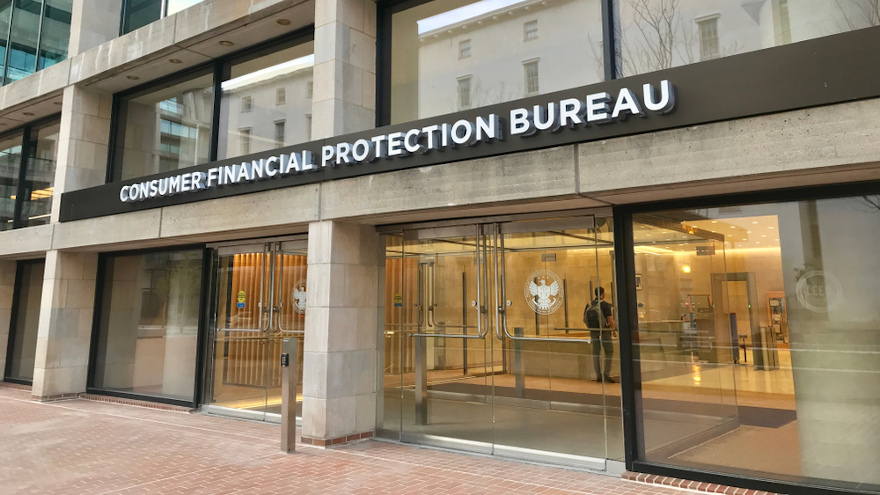CFPB penalties in 2023 approach $4B

Image by DCStockPhotography / Shutterstock.com
By subscribing, you agree to receive communications from Auto Remarketing and our partners in accordance with our Privacy Policy. We may share your information with select partners and sponsors who may contact you about their products and services. You may unsubscribe at any time.
The Consumer Financial Protection Bureau recently recapped the monetary impact the regulator made through its enforcement actions and other moves last year.
In 2023, the CFPB said it filed 29 enforcement actions and resolved through final orders with six previously filed lawsuits. Those orders required offenders to pay approximately $3.07 billion to compensate harmed consumers and pay approximately $498 million in civil money penalties.
When a financial institution, individual, or other entity subject to the CFPB’s authority breaks the law, the CFPB said it may take enforcement action against them. In certain cases, the CFPB may partner with other federal, state, or local agencies to investigate the wrongdoing and coordinate the enforcement action.
“The CFPB safeguards household financial stability by ensuring that consumer financial markets are fair, transparent and competitive,” the bureau said in a news release.
“Our enforcement authority is among the CFPB’s most impactful tools — reinforcing compliance with federal consumer financial laws and sending a clear message to entities within our authority and the public that the CFPB remains vigilant on behalf of consumers,” officials continued.
In that news release, the CFPB highlighted some of its biggest actions, including a $15 million penalty against TMX Finance involving vehicle title lending, a $100 million action against Bank of America involving fees associated with non-sufficient funds and a $2.7 billion judgment against Lexington Law and CreditRepair.com.
Subscribe to Auto Remarketing to stay informed and stay ahead.
By subscribing, you agree to receive communications from Auto Remarketing and our partners in accordance with our Privacy Policy. We may share your information with select partners and sponsors who may contact you about their products and services. You may unsubscribe at any time.
Officials added last year also marked the first time that a team of technologists dedicated to enforcement matters joined the CFPB.
“This cross-disciplinary team of technology experts has increased the bureau’s capacity to enforce the law when emerging technologies harm consumers,” officials said.
“And our work doesn’t stop there,” they continued. “The CFPB recently announced that we are significantly expanding our enforcement capacity in 2024 to build on our achievements so far.”
The bureau said the positions include enforcement attorneys as well as non-attorney positions, including analysts, paralegals, e-litigation support specialists, economists, and more. These positions are in its Washington, D.C., headquarters as well as in regional offices in San Francisco, New York, Chicago and Atlanta.
Appearing at the Greenlining Institute’s 2023 Just Future Summit last October, CFPB deputy director Zixta Martinez reiterated the bureau’s approach.
“The day the CFPB opened its doors we knew we had to be a consumer-driven agency. The 2008 financial crisis taught us that consumer protection is foundational for the stability of the financial system,” Martinez said.
More insights about enforcement actions likely will be coming as the CFPB’s Chris Kukla is scheduled to appear during for Cherokee Media Group’s Auto Intel Summit + National Remarketing Conference that runs April 23-25 in Cary, N.C.


